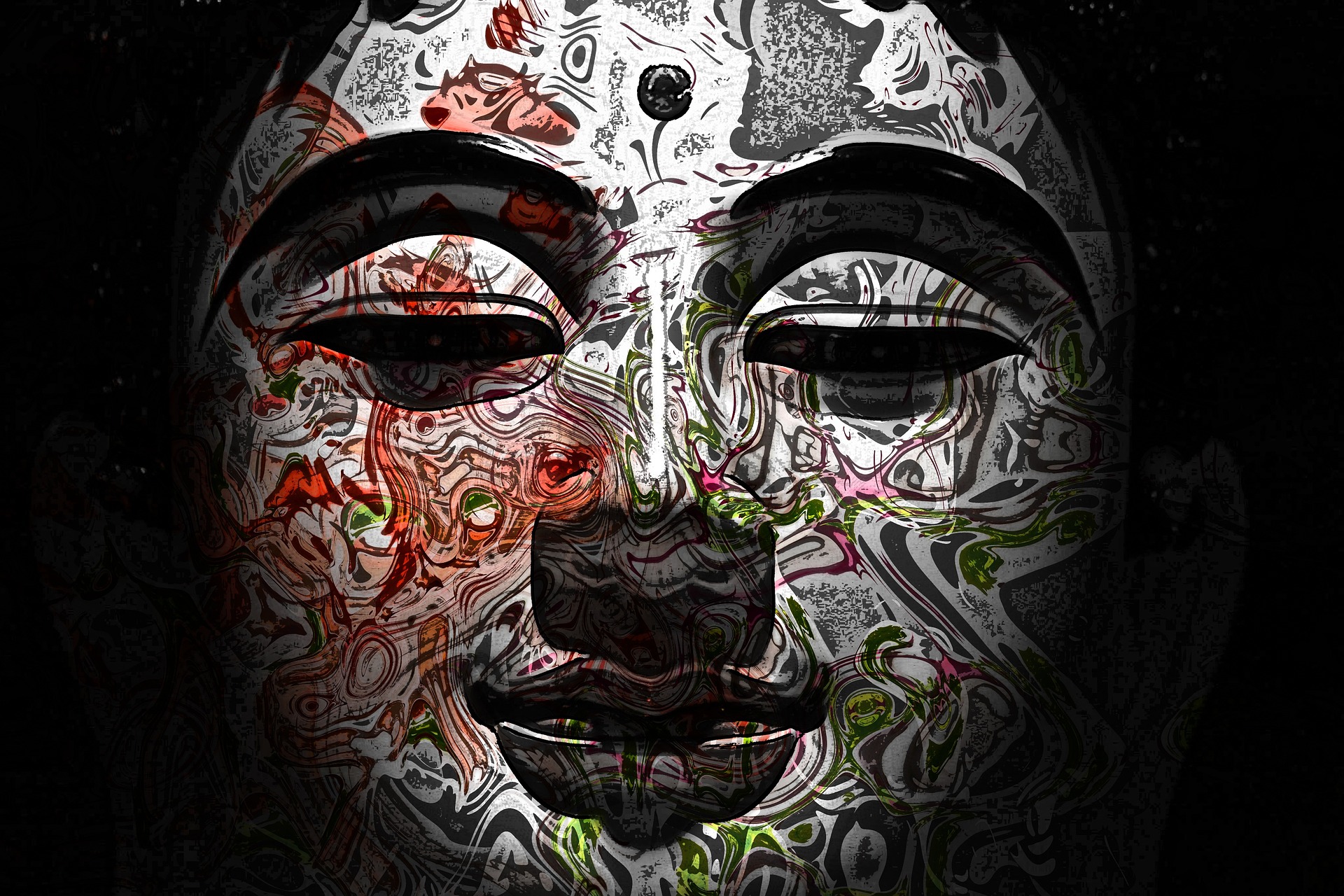 Submitted by Kyra on
Submitted by Kyra on

pixabay.com
Spontaneity and Spiritual Practice
By Padma
Spiritual practice is an unusual way to live your life. While your friends are running around trying to satisfy their various urges, you have an inkling that there might be a different way to live.
You do some research and eventually find out about this stuff called ‘spirituality’. On some level, it makes sense to you. You decide to give it a bash.
Maybe you learn a bit of meditation. Maybe you hang out in India for a while looking for a guru. Maybe you recite mantras till you’re blue in the face.
For many people, this is a passing interest. The attention moves to other things soon enough and ‘spirituality’ was just something they ‘got into’ for a while. Kind of like puffa jackets or racket ball.
But some people decide that this is what they were looking for, maybe since they were very young. It resonates with them so deeply that they think maybe they’re just continuing a journey begun many lives ago.
Taking spiritual practice seriously has its hazards of course. The Buddha said (and as usual I’m paraphrasing slightly) that the Dhamma (which means both ‘truth’ and ‘teaching’) is as difficult to grasp, and as dangerous to grasp wrongly, as the poisonous water snake.
I’ve reflected on this a lot over the years. Usually after I’ve had my fingers burned one way or another!
One of the things I see in practitioners is, when they start to get serious about practice, they lose the spark of spontaneity they had. And in losing that, a lot of the fun goes out of their life.
This is a sad thing to see, and I’ve seen it a whole bunch of times. Often it doesn’t come back. What a shame.
The thing is, with spiritual practice, you’re actually experimenting with who you are and how you relate in the world. You experience a gap between who you are and who you think you ought to be/want to be. You decide that spiritual practice is the way to get you from A to B, and so you go at it in earnest.
I was certainly one of these people. But after a few years I noticed I wasn’t getting where I wanted to get. And not only that, a big chunk of me had got lost somewhere.
I found that chunk again when I got back into playing music. For me, this was a vital part of my path. Not very monastic, but there you go. I’m a closet monk rocker.
The perils of becoming competent
There’s no easy way to get this right. It’s that whole thing about being ‘unconsciously incompetent’ and then realising you’re incompetent.
You were strutting your stuff while unconsciously incompetent, but when you become consciously incompetent you’re forced to take stock. You lose the smug grin. Don’t worry – it wasn’t a good look for you anyway.
The next part is the start of the path. You do some practice, you learn some stuff. You get somewhere. Other people start asking you questions about Buddhism and you know the answer.
In short, you become, on one level at least, ‘consciously competent’.
A lot of people leave it at that. They have some status. They feel a lot better than they did when they started.
But the final stage – becoming ‘unconsciously competent’ – is where the beauty of the practitioner life really starts to show itself.
You let go. You trust the process. You have some fun!
Keep your eyes on the prize (and let it go)
In reality you cycle through these stages again and again. Over time your confidence increases and you can let go more. The trick is to keep your eyes on the prize. And let go of the prize at the same time.
People who decide it’s enough to get some street cred in their sangha are selling themselves short. And the things they teach are limited and sometimes even damaging. And they don’t have as much fun either.
So practice, but also let go of practice. Life is for living! Yes it’s an opportunity to learn, but it’s also an opportunity to celebrate, hang out with old friends and get tattoos in interesting places.
Read more @ http://www.mybuddhistlife.com/2012/12/spontaneity-and-spiritual-practice/
- 2003 reads